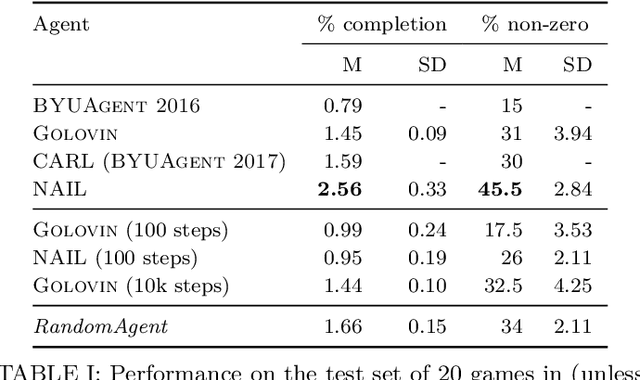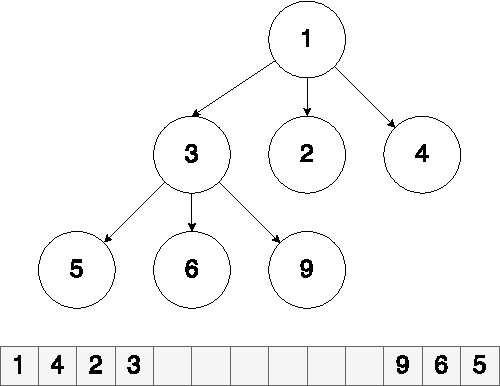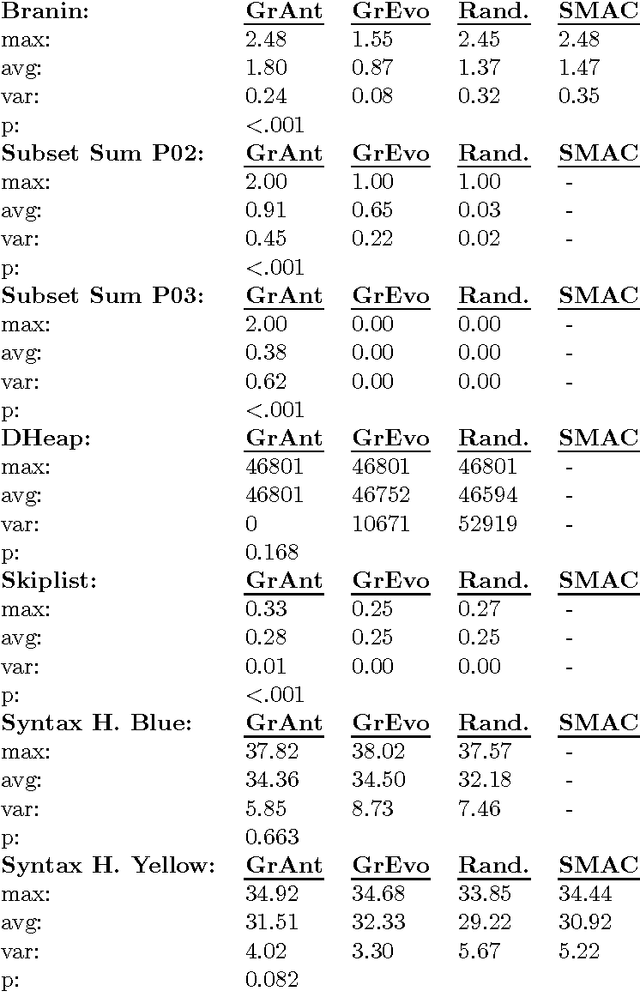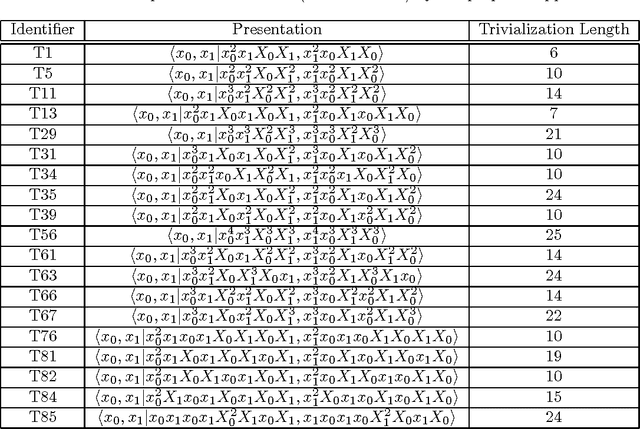Jerry Swan
Algebraic Dynamical Systems in Machine Learning
Nov 06, 2023Abstract:We introduce an algebraic analogue of dynamical systems, based on term rewriting. We show that a recursive function applied to the output of an iterated rewriting system defines a formal class of models into which all the main architectures for dynamic machine learning models (including recurrent neural networks, graph neural networks, and diffusion models) can be embedded. Considered in category theory, we also show that these algebraic models are a natural language for describing the compositionality of dynamic models. Furthermore, we propose that these models provide a template for the generalisation of the above dynamic models to learning problems on structured or non-numerical data, including 'hybrid symbolic-numeric' models.
Metaheuristics "In the Large"
Dec 18, 2020Abstract:Following decades of sustained improvement, metaheuristics are one of the great success stories of optimization research. However, in order for research in metaheuristics to avoid fragmentation and a lack of reproducibility, there is a pressing need for stronger scientific and computational infrastructure to support the development, analysis and comparison of new approaches. We argue that, via principled choice of infrastructure support, the field can pursue a higher level of scientific enquiry. We describe our vision and report on progress, showing how the adoption of common protocols for all metaheuristics can help liberate the potential of the field, easing the exploration of the design space of metaheuristics.
The Text-Based Adventure AI Competition
Oct 19, 2018
Abstract:In 2016, 2017, and 2018 at the IEEE Conference on Computational Intelligence in Games, the authors of this paper ran a competition for agents that can play classic text-based adventure games. This competition fills a gap in existing game AI competitions that have typically focussed on traditional card/board games or modern video games with graphical interfaces. By providing a platform for evaluating agents in text-based adventures, the competition provides a novel benchmark for game AI with unique challenges for natural language understanding and generation. This paper summarises the three competitions ran in 2016, 2017, and 2018 (including details of open source implementations of both the competition framework and our competitors) and presents the results of an improved evaluation of these competitors across 20 games.
Dependency Injection for Programming by Optimization
Jul 13, 2017


Abstract:Programming by Optimization tools perform automatic software configuration according to the specification supplied by a software developer. Developers specify design spaces for program components, and the onerous task of determining which configuration best suits a given use case is determined using automated analysis tools and optimization heuristics. However, in current approaches to Programming by Optimization, design space specification and exploration relies on external configuration algorithms, executable wrappers and fragile, preprocessed programming language extensions. Here we show that the architectural pattern of Dependency Injection provides a superior alternative to the traditional Programming by Optimization pipeline. We demonstrate that configuration tools based on Dependency Injection fit naturally into the software development process, while requiring less overhead than current wrapper-based mechanisms. Furthermore, the structural correspondence between Dependency Injection and context-free grammars yields a new class of evolutionary metaheuristics for automated algorithm configuration. We found that the new heuristics significantly outperform existing configuration algorithms on many problems of interest (in one case by two orders of magnitude). We anticipate that these developments will make Programming by Optimization immediately applicable to a large number of enterprise software projects.
Distance Metric Ensemble Learning and the Andrews-Curtis Conjecture
Jun 04, 2016
Abstract:Motivated by the search for a counterexample to the Poincar\'e conjecture in three and four dimensions, the Andrews-Curtis conjecture was proposed in 1965. It is now generally suspected that the Andrews-Curtis conjecture is false, but small potential counterexamples are not so numerous, and previous work has attempted to eliminate some via combinatorial search. Progress has however been limited, with the most successful approach (breadth-first-search using secondary storage) being neither scalable nor heuristically-informed. A previous empirical analysis of problem structure examined several heuristic measures of search progress and determined that none of them provided any useful guidance for search. In this article, we induce new quality measures directly from the problem structure and combine them to produce a more effective search driver via ensemble machine learning. By this means, we eliminate 19 potential counterexamples, the status of which had been unknown for some years.
 Add to Chrome
Add to Chrome Add to Firefox
Add to Firefox Add to Edge
Add to Edge